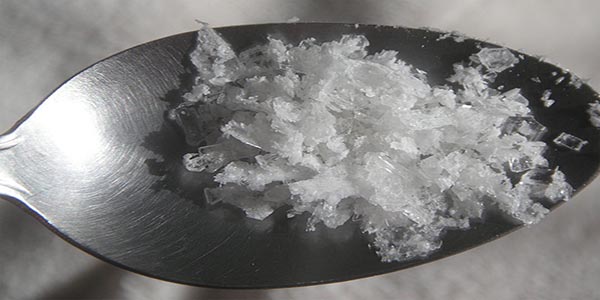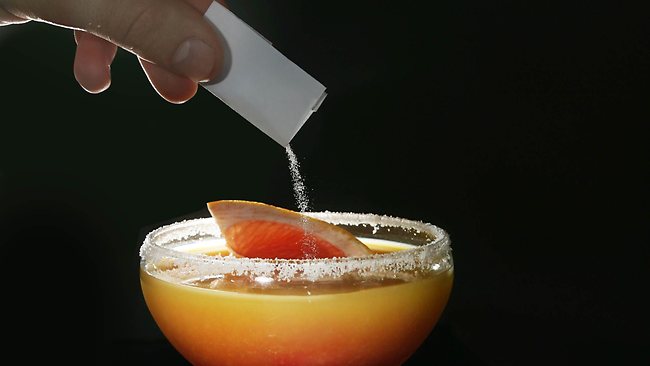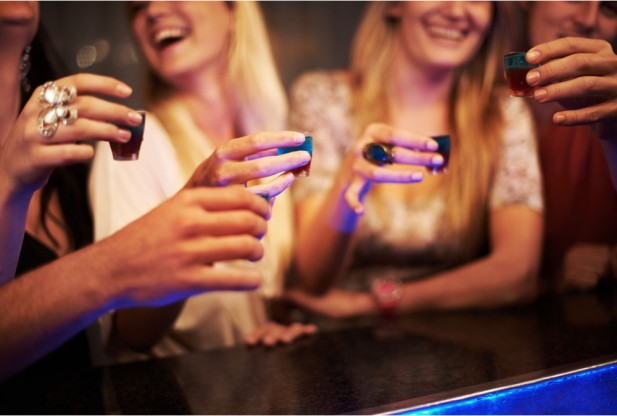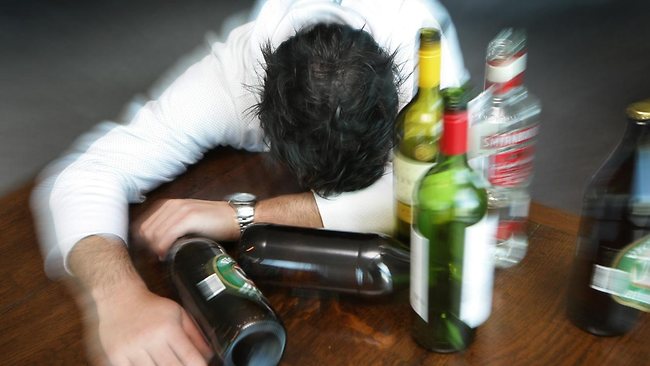Underage drinking is a problem in the UK that seems to be getting worse. There are concerns for the wellbeing of young a...
Since 2009, the amount of alcohol consumed in Scotland has fallen. The reduction equates to approximately 38 million pin...
From the mid-1990s through until the mid-2000, the cheap drug of choice among students was ecstasy. However, much negati...
Peer pressure is often cited as one of the things motivating young people to use drugs. It's just assumed that a young p...
Every September the residence halls of UK universities fill up with freshers getting their first taste of freedom. They ...
As a university student, how do you feel about excess alcohol consumption? For that matter, how do you feel about the fr...
The NHS estimates that hundreds of students are victims of spiking every year. What is spiking? It is the practice of co...
All across the UK a new wave of first-year university students have begun to settle in to their routine. Returning stude...
The average UK citizen probably just assumes that student loan money is being used as it is designed to be: to cover the...
Those of us in the drug and alcohol recovery community are trained to look for certain signs when evaluating the serious...










